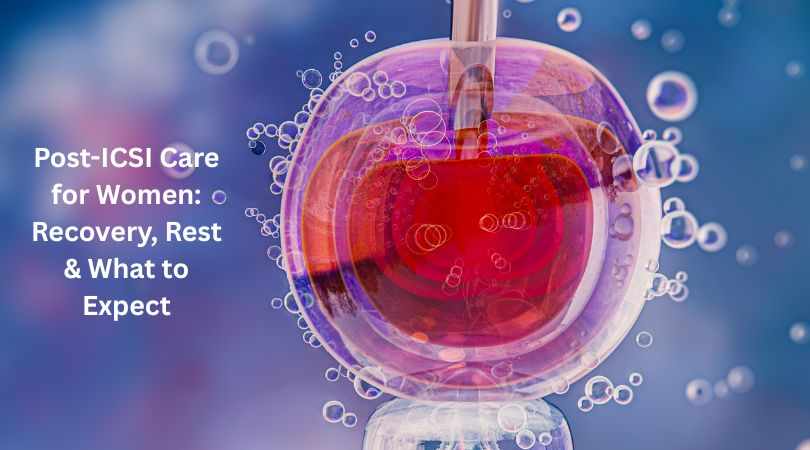
When it comes to pregnancy tracking, most people use the most recent menstrual cycle to determine the due date. However, do you know that the determination of the due date by ovulation might be even more precise in many cases? Especially for women who have not regular periods or do not ovulate precisely on day 14.
Most of the advanced fertility and gynaecology centre practitioners today also suggest concentrating on ovulation tracking, particularly for IVF and fertility medications. A delivery date calculator using ovulation date provides a more accurate estimate both for parents and physicians.
Why Ovulation Date Matters
Ovulation is when a mature egg comes out of the ovary and is available to be fertilized. This usually happens around 14 days before your next period begins—but sometimes not. Women who have shorter or longer cycles might ovulate sooner or later than the day 14 in the textbook.
If conception depends on treatments such as IUI or IVF, the specific date of ovulation or embryo transfer is certain, and therefore, the calculation of the due date becomes significantly more precise.
This is where newer technologies and expertise from facilities such as Dr. Aravind's IVF Centre come into action. With accurate monitoring and hormone observation, ovulation can be determined to the very day, enhancing management of pregnancy from day one.
LMP versus Ovulation: What's the Difference?
The LMP approach presumes a 28-day cycle and ovulation on day 14. But life doesn't exactly work that way for everyone. This approach can be misleading for individuals with irregular cycles or those recovering from such conditions as PCOS or after quitting birth control.
Ovulation-based due dates, however, are computed from the day of actual release or fertilization of the egg. This makes them especially practical in high-end fertility and gynaecology clinics where ovulation is monitored precisely.
Role of Fertility Tech in Accurate Tracking
With the help of digital tracking apps, ovulation predictor kits, and ultrasound follicular studies, the calculation of ovulation-based due dates can now be made with certainty. A few best fertility hospitals also employ hormone level tracking and AI-based tools to enhance accuracy during early pregnancy.
For instance, a date calculator applied at a sophisticated fertility and gynaecology clinic such as Dr. Aravind's IVF Centre will provide two options for inputs—LMP and ovulation or embryo transfer. This two-option approach makes care more personalized and confusion-free.
When Ovulation-Based Due Dates Are Most Appropriate
Irregular periods
Infertility treatment such as IVF or IUI
Scans with known ovulation tracking
PCOS or endocrine disorders
Short or extended periods
Getting the Most Out of Fertility Support
If you’re planning pregnancy or already on the journey, it’s wise to consult a trusted fertility center near me that uses the latest tools and approaches. Hospitals with a strong background in fertility science, like Dr. Aravind’s IVF Centre, ensure that every step is backed by data and clinical accuracy.
Having a team well aware of ovulation tracking, digital monitoring, and pregnancy calculation, the couples have a more personalized experience from the planning phase.
Though LMP is easy and old-school, calculating your due date using ovulation is more accurate—particularly for those seeking fertility treatment. With hormone tests to high-end ultrasound and precise delivery date calculator, it all aligns in a contemporary fertility clinic environment.
Having a cutting-edge fertility and gynecology facility like Dr. Aravind's IVF Center is crucial for people seeking clarity and treatment. Here, expertise and technology work together to help you navigate the path to a safe pregnancy.




Write a comment ...